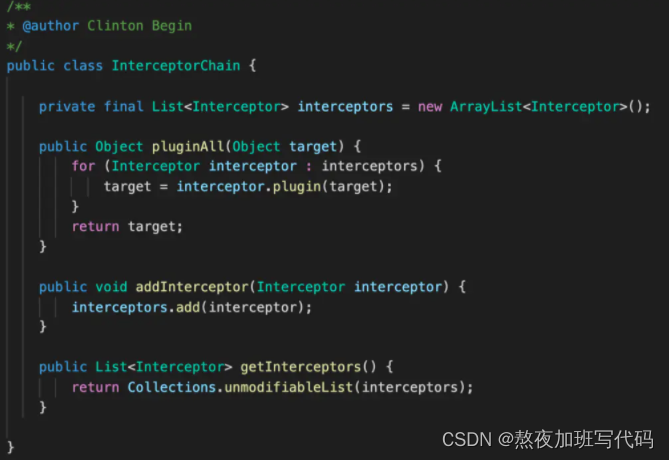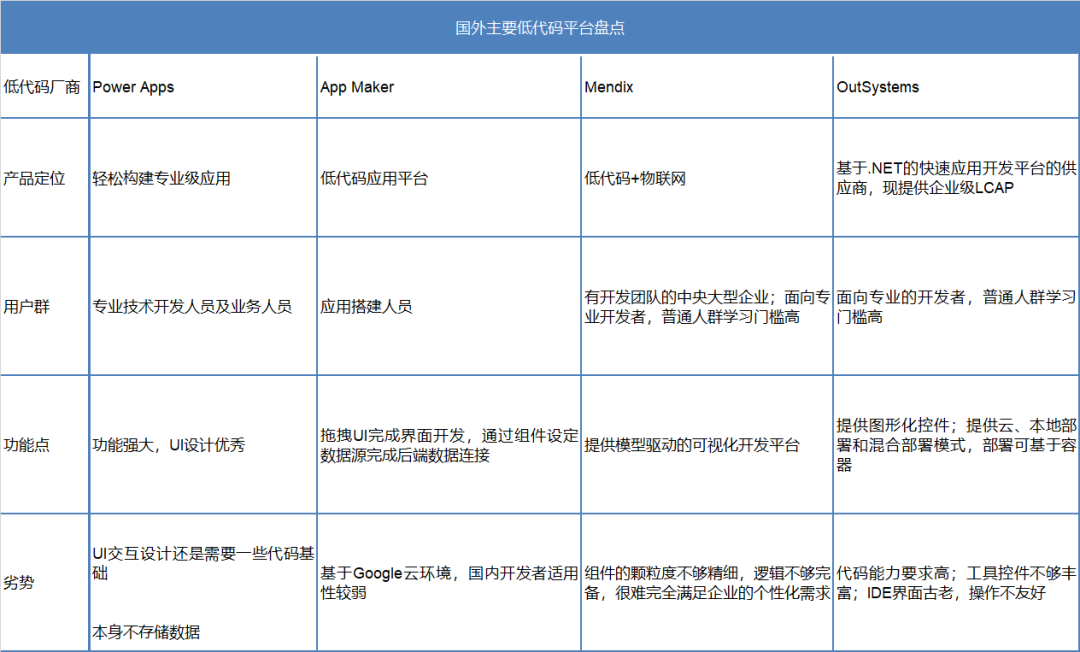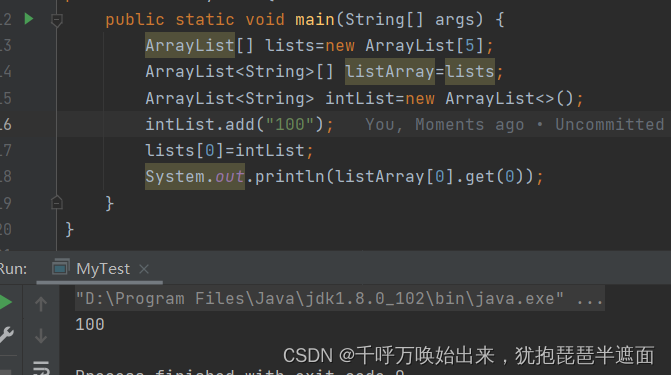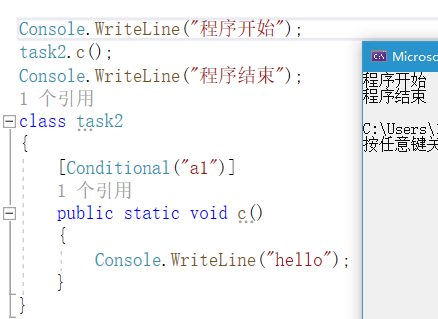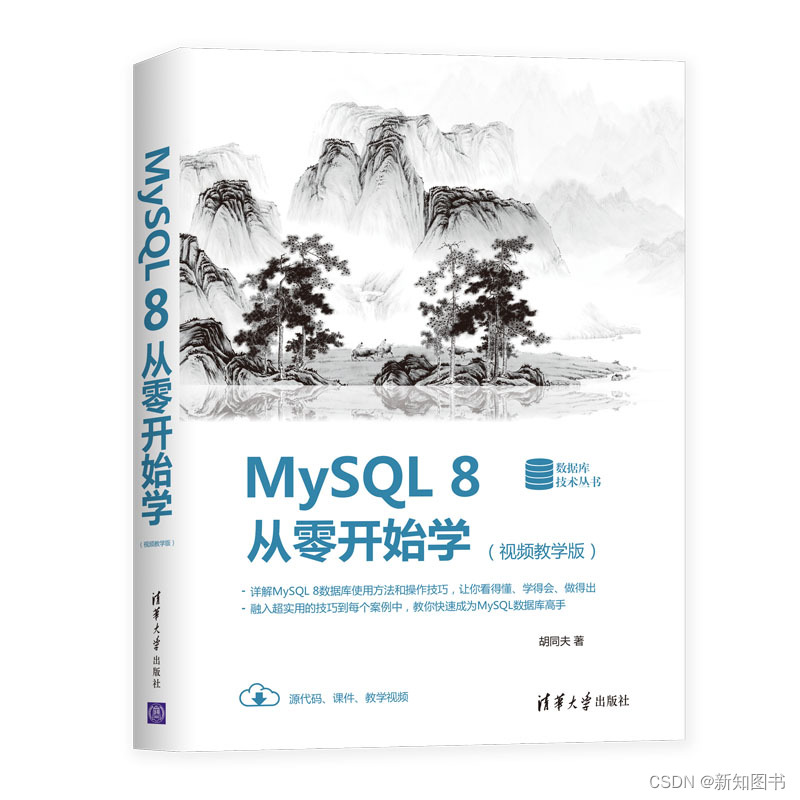
今日短文
Words and Phrases to Avoid in a Difficult Conversation
Difficult conversations are difficult for a reason, and when you’re anxious or stressed out, it’s easy to say the wrong thing.And it doesn’t matter how prepared you are.Your best laid plans will go to waste if you offend or anger the other person.
Over twenty years of teaching and research, which I describe in my new book Choosing Courage, I’ve found that people often forget a critical point: When navigating a difficult conversation, you need to craft your message while keeping the other person’s feelings and opinions in mind.
Below are some of the most common mistakes I’ve observed — words and phrases that can slip into our vocabulary — and explanations for why they often cause trouble.
Don’t assume your viewpoint is obvious
Sometimes, if you feel like you’re 100 percent right, you may use words such as “clearly,” “obviously,” or "beyond doubt."If you do this, you’re falling prey to naive realism — the belief that you’re privy to some objective reality that others will clearly see and agree with.
We’re seldom in such an objectively black-or-white situation, and reasonable people may see things differently than you or need more convincing to come around to your viewpoint.
Not surprisingly, when your words (inadvertently) suggest that any divergent views are stupid or inconsequential, others may feel railroaded or insulted.If you’ve really made your case persuasively, there’s no need to potentially derail the outcome by stating your own views about how obvious or beyond a doubt something is.
Don’t exaggerate
When you’re speaking with someone who has upset you on multiple occasions, you may find yourself inadvertently resorting to using phrases such as “You always …” or “You never…”
Exaggeration will undermine your overall credibility and lead to a debate about frequency instead of substance.“That’s not true,” the person is likely to retort, before proceeding to tell you about the specific date or occasion that runs counter to your claim.
If your intent is to get someone to start or stop doing something, keep the focus on that.
Don’t tell others what they should do
Telling someone what they should do contains an implicit value judgment.“You should do X” implies that X is the way things ought to be.
Sure, if you’re a leader responsible for a group’s values and culture, sometimes it’s necessary to be very clear about what should be done or how people should treat each other.Other times, though, especially when you’re not the boss of the person you’re speaking to, “shoulding” won’t make them willing to comply.
People feel judged by “should” statements — as if they wouldn’t come to the right conclusion without your input — when they’d prefer to decide for themselves what to do.
Phrases like, “You might consider” or “One possibility is” or “Have you thought of?” increase your odds of having the conversation and influence you seek.
Don’t blame others for your feelings
If you’re upset about something someone said or did, it’s natural to have an emotional reaction.You’re human.But stating the cause of those feelings is unhelpful and counterproductive.
For example, imagine your colleague interrupts you when you start to speak and you immediately experience physical reactions — your face flushes, your heart rate spikes.You may feel the urge to say, "You make me so angry when you interrupt me,"but, if you do so, there’s a good chance you’ll end up in an argument.
You could choose to say, "Hey, when you interrupt me so quickly like that, I feel disrespected (or hurt or angry).Could you please not do that?"Or you could say, "Could you please not interrupt me until I’m finished?"Or you could not say anything about your feelings at all and stick to the topic at hand.
Don’t say “It’s not personal”
In my experience, people say “It’s not personal” or “Don’t take it personally” when they (subconsciously) know it’s quite personal for the other person.
When someone is hurt, angry, or otherwise clearly affected by something you’ve said or done, telling them it’s not personal only adds insult to injury.If you actually care, why not acknowledge and own that it is personal to them, even if not to you?If you can’t do that, don’t say anything about “personal” at all.
今日新词
throw
v.投,掷,抛;丢,扔;使陷入,使处于;使困惑,使吃惊
variant
n.变体,变形
puddle
n.水坑,水洼
thorough
adj.彻底的,完全的;仔细的,周到的
bark
n.树皮;犬吠声
campaign
vi.竞选;参加战斗
bubble
n.(气、水)泡;泡沫
patronize
v.以高人一等的态度对待;光顾;赞助,资助
contamination
n.污染;玷污
vacuum
n.真空; 真空吸尘器; 空白, 空虚
tantalizing
adj.诱人的
nectar
n.花蜜;甘美的饮料,琼浆玉液
inclination
n.倾向,意向;爱好,意愿;趋向,趋势;倾斜度;轻微的向下动作
generalization
n.概括;归纳;泛论
fraud
n.骗子,冒名顶替者;冒牌货;欺骗(行为)
cardiac
adj.心脏的;心脏病的
populate
vt.(大批地)居住于
cautious
adj.小心的,谨慎的
originate
v.起源;发端于;创立;发明
unsubstantiated
adj.未经证实的,无事实根据的







